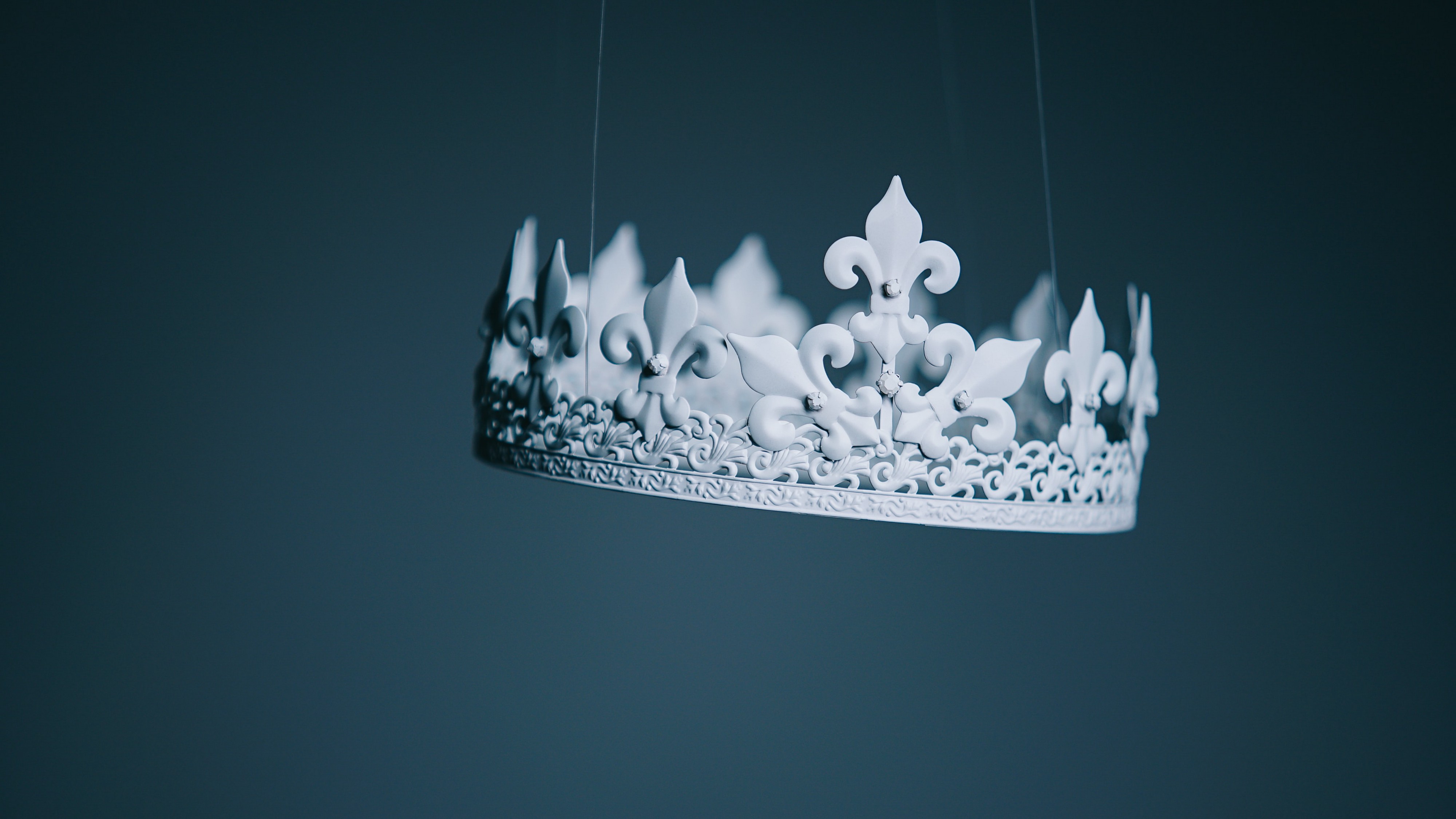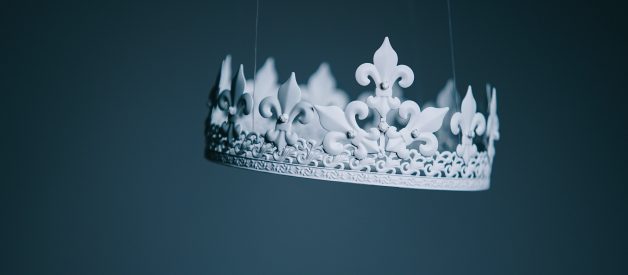Looking for the most important quotations in Macbeth? No matter which level you?re studying Macbeth at, you?ll need to get some key quotes stuck in your head for achieving top grades in essays and exams!
This page takes you through some of the most memorable and useful quotes on a range of different characters and themes ? it also gives you a few techniques per quotation that you can use to analyse the quotes deeper in essays.
Thanks for reading, if you?re studying Macbeth and need extra help with essays and analysis, take a look at our full course here: https://scrbbly.teachable.com/p/macbeth
 Photo by Pro Church Media on Unsplash
Photo by Pro Church Media on Unsplash
?Fair is foul and foul is fair:? I.I Witches, chiasmus, fricative alliteration, antithesis, trochaic tetrameter (falling rhythm) > fair ? ?Jacobean? meaning is beautiful, blonde/fair haired, honest / just ? beauty is ugly / horrible, and that ugliness is beautiful; things that are just are wrong and things that seem wrong are right
?So foul and fair a day I have not seen? Macbeth?s first line in I.3
?most disloyal traitor, The thane of Cawdor? (I.2 Ross to King Duncan) > before Macbeth is made Thane of Cawdor
?Unseam?d him from the nave to?th?chops, and fixed his head upon the battlements? 1.2 > asks us to question Macbeth?s nature
?brave Macbeth ? well he deserves that name? / ?O valiant cousin, worthy gentleman? (I.2 Captain describes Macbeth- Duncan to Macbeth)
?Thou shalt get Kings, though thou be none? I.3 Banquo?s prophecy
?The instruments of darkness? I.3 Banquo, about witches ? metaphor, suggesting that darkness works through them
?You should be women, and yet your beards forbid me to interpret that you are so? (I.3 Banquo to witches) > actors were all men in Jacobean era, arguably this is a source of humour which amplifies the later tragedy, relates to the theme of gender, similarly to ?unsex me here? I.5 Lady Macbeth (monosyllabic lexis ? single syllable words that create a heavy, intense feeling and stand out from the rest of the character?s complex, rhetorical language) at the time it would have been seen as uncanny and frightening for a woman to want to neutralise her gender
?Why do you start, and seem to fear things that do sound so fair??(I.3 Banquo to Macbeth, assonance of ?fear? / ?fair?)
?One cried ?God bless us!? and ?Amen? the other; ? ?I had most need of blessing, and ?Amen? stuck in my throat? > II.2 Macbeth ? Abandonment of God, suggestion that evil has taken over the castle, that Macbeth?s actions have led God away from him (setting ? very little light, dark gloomy castle, light representing clearness/God)
?Look like the innocent flower, but be the serpent under?t? (Fair is foul) I.5 LM to Macbeth ? antithesis, biblical allusion to Garden of Eden, sin and temptation
?I fear thy nature;/ is too full o?th?milk of human kindness/to catch the nearest way? 1.5 LM to Macbeth (caesura / enjambment) Relates to gender roles, shows LM to portray Macbeth as effeminate, ?milk? is a nurturing force, perhaps relates also to the fact that LM and M cannot have children, Macbeth wears a ?fruitless crown? as he bears no heirs
?This castle hath a pleasant seat? I.6 Duncan, entering Inverness (situational irony, shows his good nature, comic element in the tragedy as he comments on the ?pleasant? atmosphere of the dark castle where he is about to meet his doom)
?Vaulting ambition, which o?erleaps itself? > 1.7 Macbeth soliloquy exploring his motivations for murder ? his fatal flaw is ?ambition?, personification
?Is this a dagger which I see before me?? II.1 Macbeth?s soliloquy, supernatural vision (or alternatively madness), violence ? foreshadowing Duncan?s death, madness, manipulation by witches, rhetorical question ? asking no one ? is he being tricked by the witches, or is his own mind descending into madness?
?I?ll gild the faces of the grooms withal? LM, covering guards in blood II.2
There?s daggers in men?s smiles II.3 (Donaldbain to Malcolm)
Fruitless crown??barren scepter III.1 (Macbeth Soliloquy) ? ?Fruitless?, implies no legacy that will carry on, earth is ?barren?, emptiness, lack of ability to grow, suggests worthlessness ? link to Banquo ?shalt get kings though thou be none?, semantic field of royalty juxtaposed with a semantic field of death/ inability to grow ? the character in a soliloquy is onstage by themselves, and they voice their thoughts and feelings aloud to the audience, but the other characters can?t hear ? this allows the audience insight into the situation, and it creates dramatic irony ? we have an extra depth of understanding into the psychology of Macbeth?s character, but the other characters don?t know his thoughts and feelings
?I fear thou playd?st most foully for?t? III.1 ? Banquo doubts Macbeth in a soliloquy ? true feelings
Strange things I have in head that will to hand III.4 (Macbeth to himself, madness)
Give to the edge of the sword his wife his babes IV.1 (Macbeth soliloquy regarding Macduff?s family, brutal, cold murderous thoughts)
Who?d have thought the old man to have so much blood in him (LM during Sleepwalk) 5.1
Out, damned spot (LM during sleep walking) 5.1
I have almost forgot the taste of fears 5.5 (Macbeth to himself, just before his death and just after hearing that Lady Macbeth has committed suicide by jumping to her death ? possibly link to earlier quotation of ?fear? / ?fair?, a cold reaction to LM?s death given how close the couple were at the beginning of the play and how much he respected and listened (wrongfully) to her)
?(Aside to Macbeth) Are you a man??3.4 Macbeth is in a manic state after seeing the ghost of Banquo and is showing himself to be weak to the rest of the people, Lady Macbeth challenges his masculinity in order to get him back in check. Doesn?t work since he is so shaken. Dramatic irony, the audience knows something that the characters do not, we can see the ghost but everyone but Macbeth doesn?t.
?I dare do all that may become a man; /Who dares do more, is none? (Macbeth 1.7, hubris / tragic downfall ? suggesting men should not try to gain more power and become more than themselves)
?I am in blood/Stepp?d in so far that, should I wade no more,? Macbeth III.4
?[ The GHOST OF BANQUO enters, and sits in MACBETH?s place ]? III.4 frightening, shocking to Macbeth but perhaps satisfying to audience who see he?s getting his comeuppance ? foreshadowing (proleptic irony), suggesting part of Banquo will continue the throne/lineage, Macbeth?s evil reign is only temporary and good will triumph over evil in the end
?Life is but a walking shadow? a tale told by an idiot, full of sound and fury, signifying nothing? 5.5, Macbeth before death ? shows his full tragic fall, descent into nihilism, absolute abandonment of hopes, dreams, spirituality, happiness, power
?A walking shadow? > Metaphor, life is temporary, death is permanent
?Signifying nothing? > shows the attitude of nihilism, life is pointless, it has no meaning
?Sound and fury? > shouting, anger and rage
Thanks for reading! If you?re studying Macbeth and need extra help, you can take a look at our full course here: https://scrbbly.teachable.com/p/macbeth
(This course is particularly tailored towards those studying Macbeth at GCSE (high school) and A Level (college) on exam boards such as AQA, OCR, Edexcel, WJEC / Eduqas, CIE / Cambridge and CCEA but it?s suitable for all students at any level)


